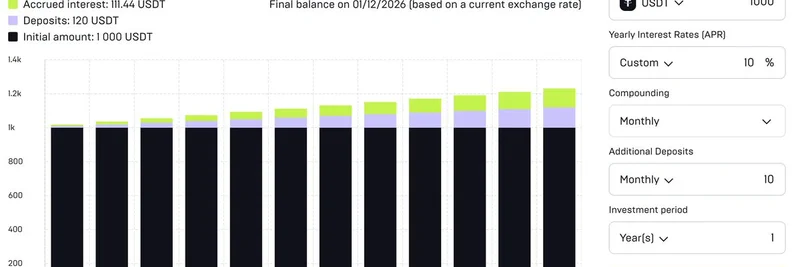Hey there, meme token aficionados! If you've been scrolling through X (formerly Twitter) lately, you might have caught wind of some buzz around the Commodity Futures Trading Commission (CFTC) and their latest move on Foreign Boards of Trade, or FBOT for short. It's got the crypto community talking, especially after a viral post from Zack Voell that painted a pretty dramatic picture of Binance potentially opening up to US traders. But hold on—Armani Ferrante, the founder and CEO of Backpack and MadLads, jumped in with a much-needed reality check. Let's unpack this thread and see what it really means for folks like us who love diving into the wild world of meme tokens.
First off, a quick primer: The CFTC is one of the big US regulators overseeing futures and derivatives trading, including a lot of crypto stuff. FBOT refers to Foreign Boards of Trade, which are essentially overseas exchanges that can get approval to offer certain products to US customers under specific rules. This concept isn't new—it's been around since the 1990s. What happened recently? The CFTC basically issued a reminder that this pathway exists and reaffirmed it's open for business. That's the "announcement" everyone's chatting about.
Zack Voell's original post highlighted the irony: Binance got slapped with a massive $3.4 billion fine, their former CEO CZ even did some jail time, and now, less than a year after his release, there might be a way for Americans to trade on the platform again. He called it "absolutely fucking mogged," which is crypto slang for dominating or outmaneuvering someone big time. It racked up thousands of views and likes, stirring up excitement about easier access to global crypto markets.
But Armani Ferrante quoted and clarified in his thread: "A lot of misunderstanding around the announcement out of the CFTC today... FBOT has been around since the 90s. What was announced was reminding people that it exists and reaffirmed that it is a viable path." He emphasized that while it's a positive sign—the CFTC is showing more openness to crypto—it's not like the doors are swinging wide open. Exchanges still need to meet tough criteria, like being regulated by an equivalent foreign authority. Most offshore platforms, including Binance's main order books, aren't set up that way yet.
Why does this matter for meme token traders? Well, many of us operate on chains like Solana or Ethereum, where meme coins thrive on decentralized exchanges (DEXs). But for those eyeing centralized spots like Binance for liquidity or fiat on-ramps, US restrictions have been a pain. If more offshore exchanges pursue FBOT status, it could mean better access to exotic meme tokens without VPN workarounds or KYC headaches. However, as Armani points out, "Still a long path to get where everyone wants to be. The bar is high (probably a good thing). But the path is becoming more clear."
This ties into broader trends in blockchain regulation. With the US elections looming and crypto becoming a hot political topic, moves like this signal a shift toward integration rather than outright bans. For meme token projects, clearer rules could attract more institutional money, stabilizing markets and reducing volatility—though let's be real, that's part of the fun in memeland.
In the replies to Armani's post, folks are echoing the sentiment. One user asked if this could be a template for smoother integration, while another wondered if major exchanges will actually bother jumping through the hoops. It's a mix of optimism and skepticism, which is par for the course in crypto.
Overall, this CFTC nod is bullish for the ecosystem, including meme tokens, as it hints at a more mature regulatory landscape. But temper that hype—real change will take time and effort from exchanges. If you're a US-based trader, keep an eye on platforms like Backpack (Armani's project) that are already pushing boundaries in compliant ways. Stay informed, trade smart, and remember: in memes and markets, knowledge is your best alpha.
What do you think—will this lead to more meme token listings on regulated platforms? Drop your thoughts in the comments below!

